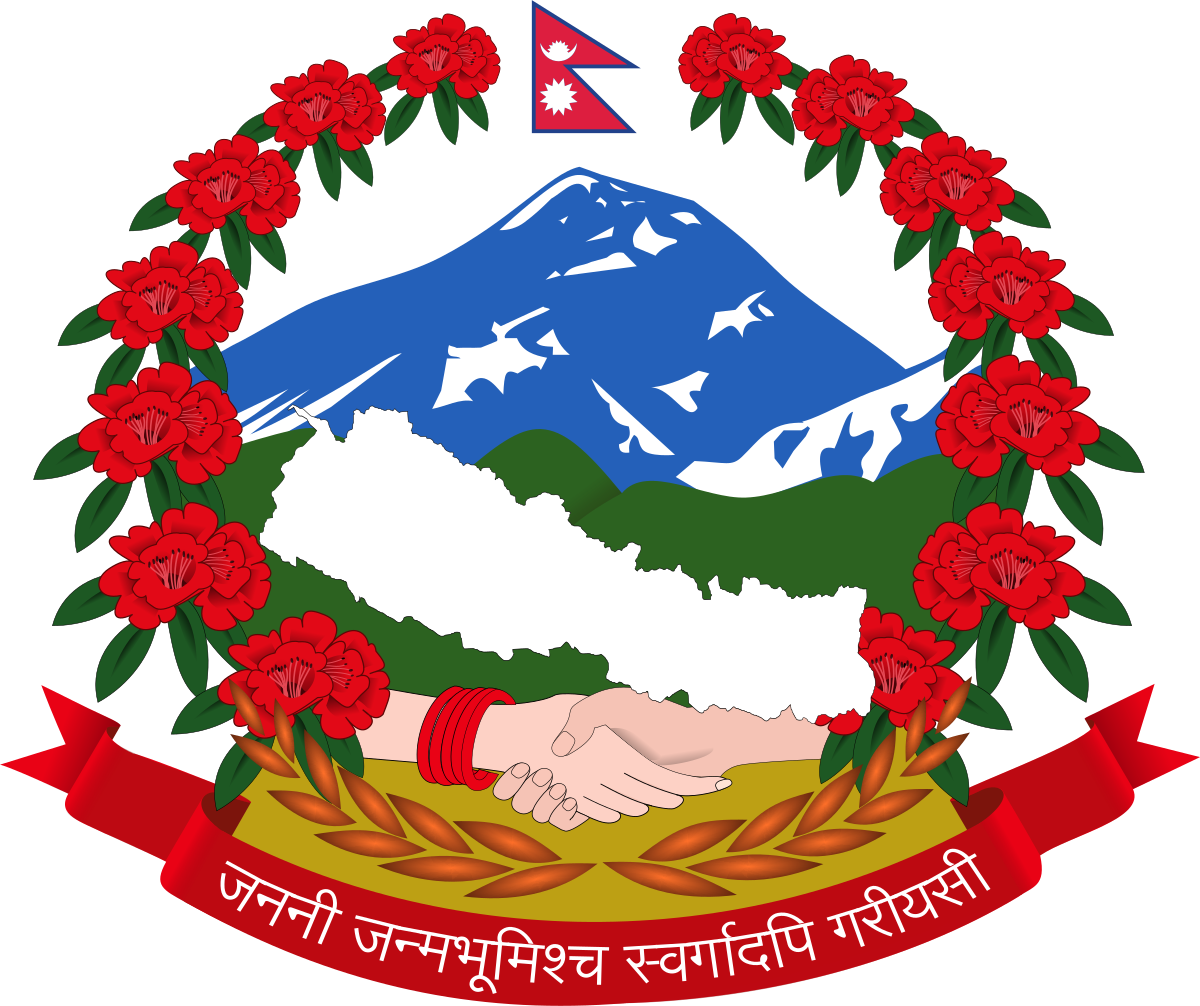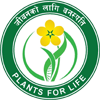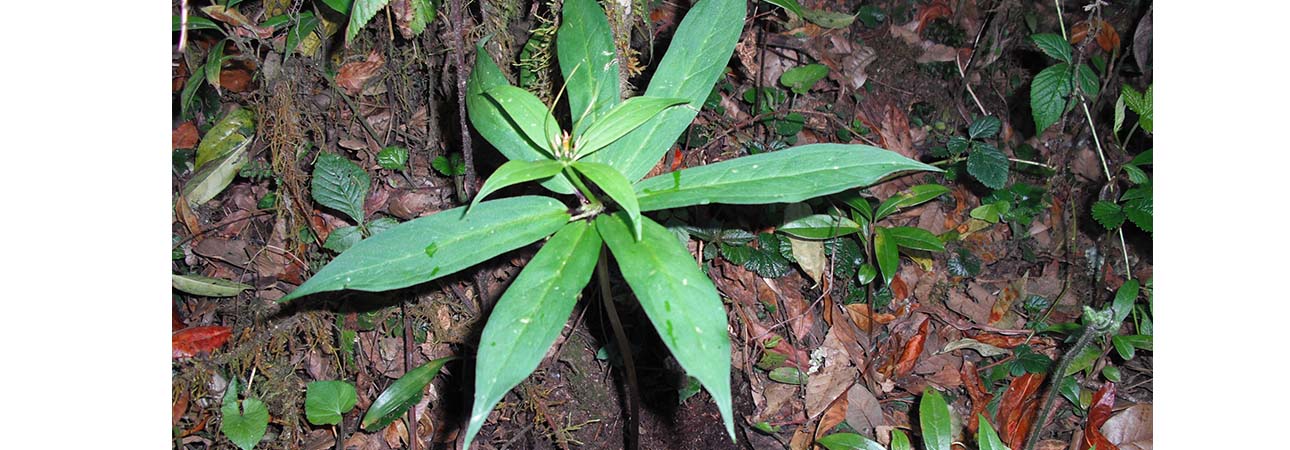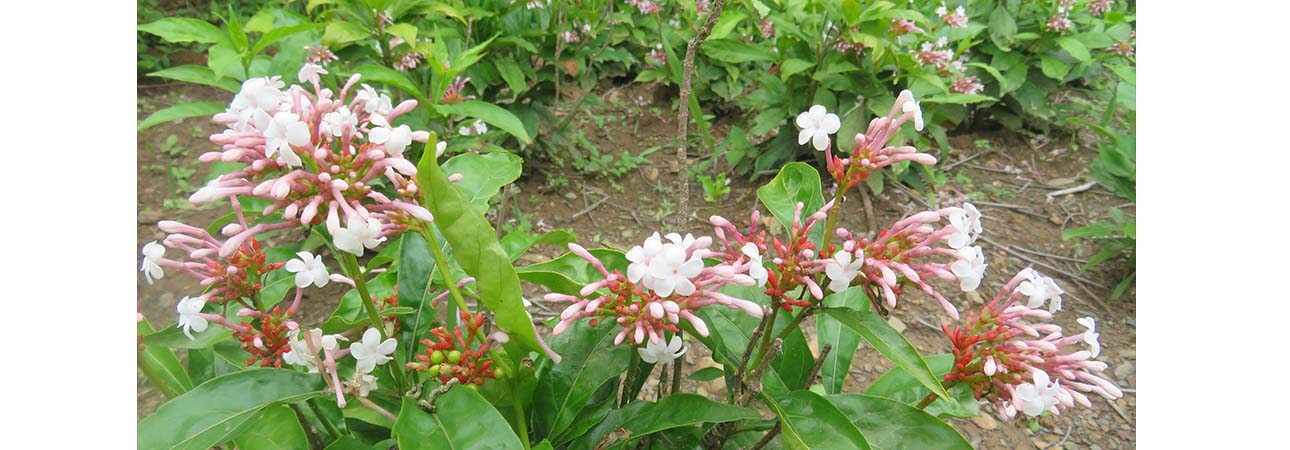
Government of Nepal
Ministry of Forests and Environment
Department of Plant Resources
Thapathali, Kathmandu, Nepal
Ministry of Forests and Environment
Department of Plant Resources
Thapathali, Kathmandu, Nepal

Convention on Biological Diversity (CBD) has defined traditional knowledge as the knowledge, innovations and practices of indigenous and local communities (ILC s) related to genetic resources which is developed through the experiences of communities over centuries, adapted to local needs, cultures and environments and passed down from generation to generation.
The Article 8(j) of the CBD, obligate the governments to respect, preserve, maintain, and promote the wider application of traditional knowledge with the approval and involvement of the relevant ILCs.
To comply this obligation, the government of Nepal started to preserve the knowledge by compiling all the scattered secondary information as well as collecting primary information related to Traditional Knowledge about plants in the form of Articles, books etc. in single portal. Nepal harbors about 12000 plant species. Out of these DPR has documented 819 medicinal plants.
In Nepal there are 59 ethnic groups distributed in different district of Nepal from Himal to Terai. Most of these communities are found to be close to nature and possess indigenous knowledge regarding sustainable utilization of animals and plants found in their surrounding areas. TK is a vital component for their daily life which is also entrenched in their culture. Their knowledge is central to the conservation and preservation of genetic resources (GRs) and other bio-resources.
To comply this obligation, the government of Nepal started to preserve the knowledge by compiling all the scattered secondary information as well as collecting primary information related to Traditional Knowledge about plants in the form of Articles, books etc. in single portal. Nepal harbors about 12000 plant species. Out of these DPR has documented 819 medicinal plants.
In Nepal there are 59 ethnic groups distributed in different district of Nepal from Himal to Terai. Most of these communities are found to be close to nature and possess indigenous knowledge regarding sustainable utilization of animals and plants found in their surrounding areas. TK is a vital component for their daily life which is also entrenched in their culture. Their knowledge is central to the conservation and preservation of genetic resources (GRs) and other bio-resources.
Traditional Knowledge Database of Nepal (TKDN) is an information centre which comprises information about Traditional Knowledge related to Plants of Nepal. TKDN documents the scattered indigenous knowledge and Practices related to plant resources in a single library. This will help for the conservation, protection, preservation and dissemination of such type of knowledge. Documentation of indigenous knowledge also help to control biopiracy. TKDN provide overall information on uses of plants by local communities. Based on these data further research could be carried out which will support bioprospecting and discovery of new drugs.
Note :
- Information is based on secondary sources.
- This Database/Information is under Correction.
- For further information please contact on email : biodiversity.dpr@gmail.com
Traditional Knowledge
DISCLAIMER
The TKDN cannot guarantee the accuracy or completeness of the information in the TKDN Checklist.
Be aware that the TKDN Checklist is still incomplete and undoubtedly contains errors.
This database is not designed as a prescription to be used for self-health practices.
© 2025 All Rights Reserved. Department of Plant Resources.


